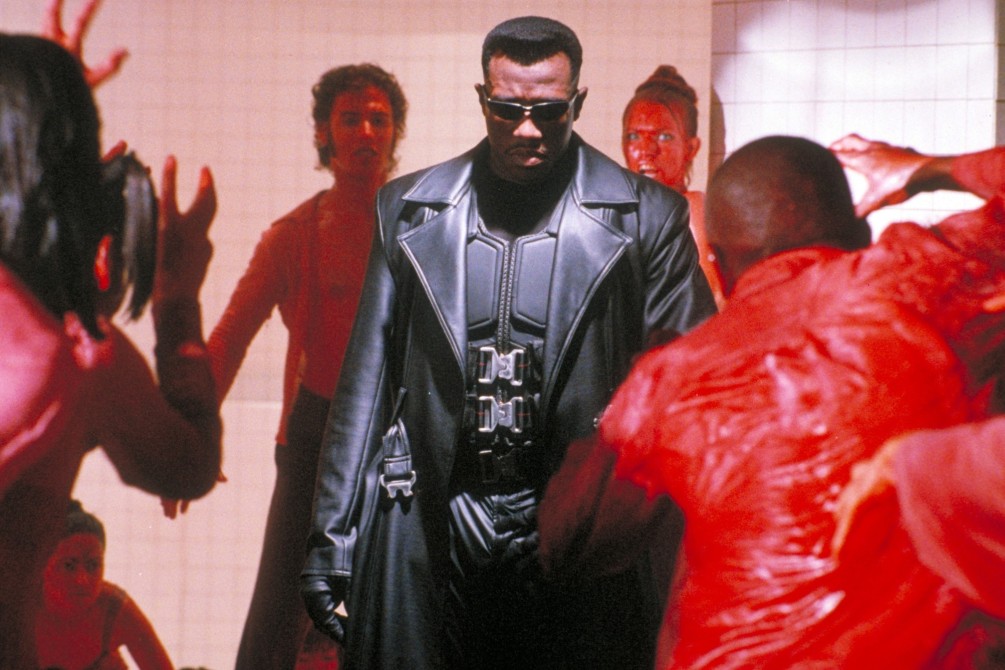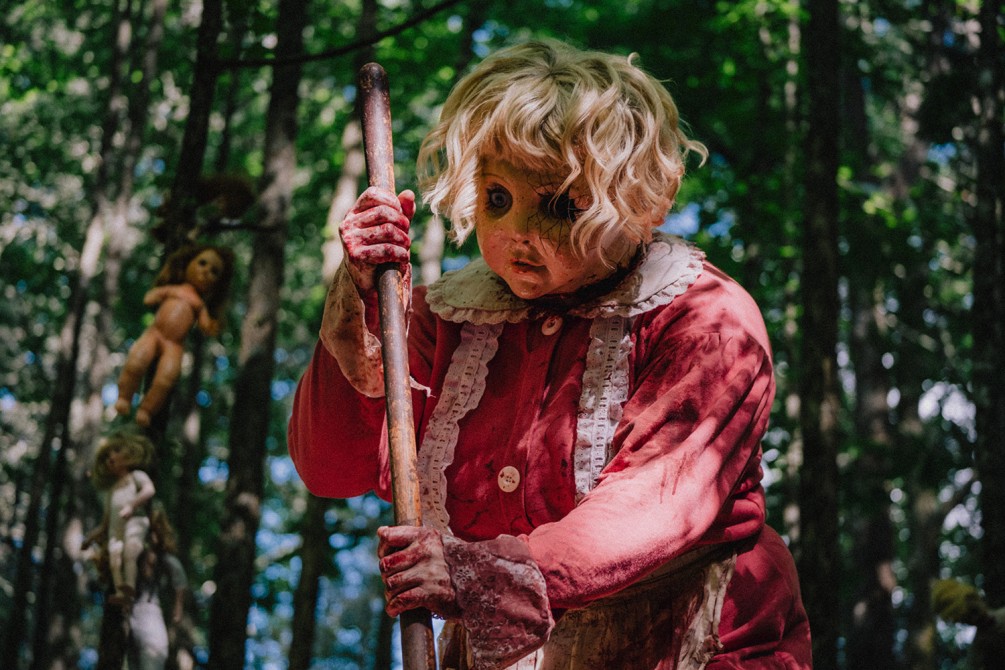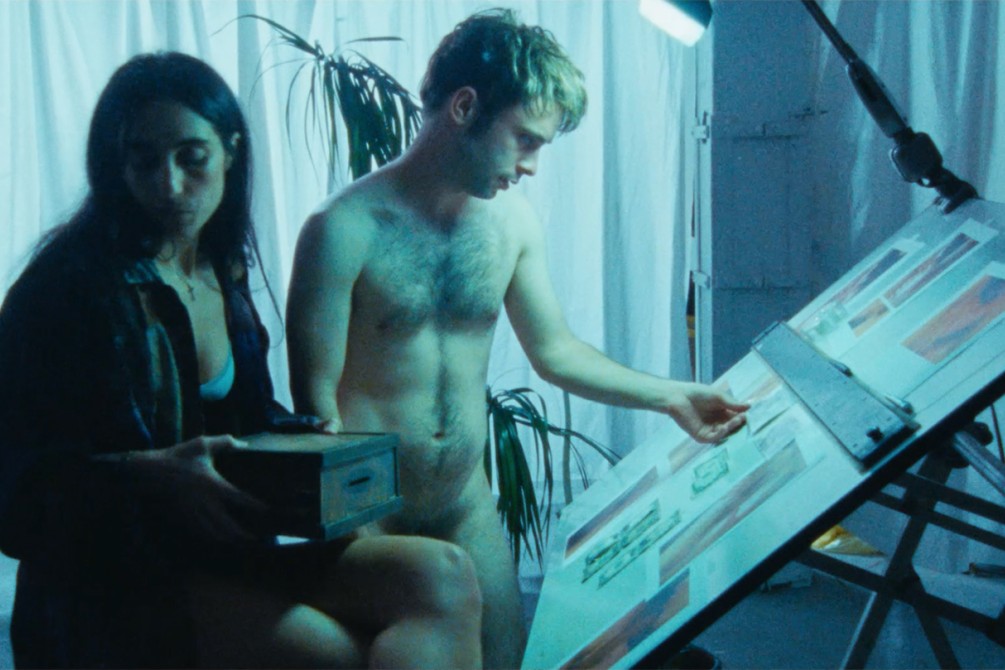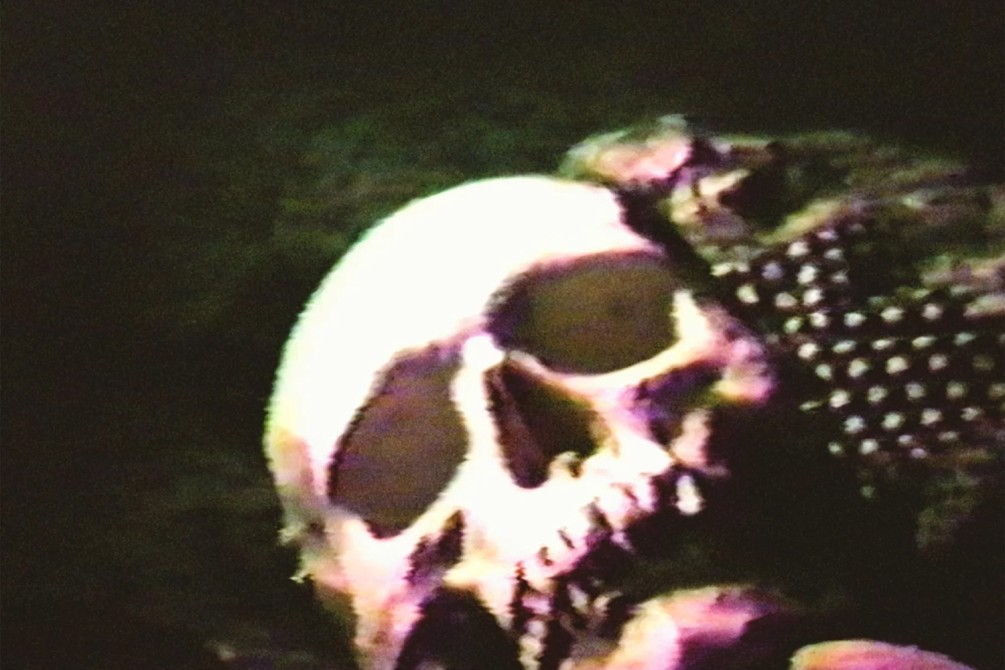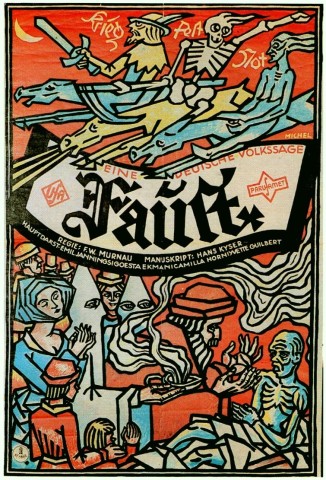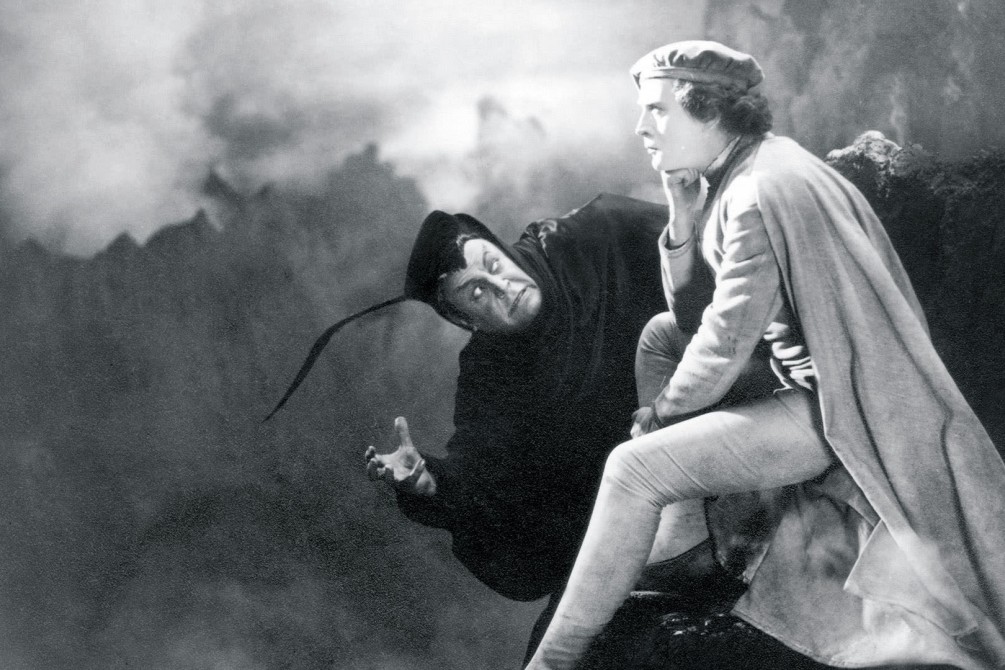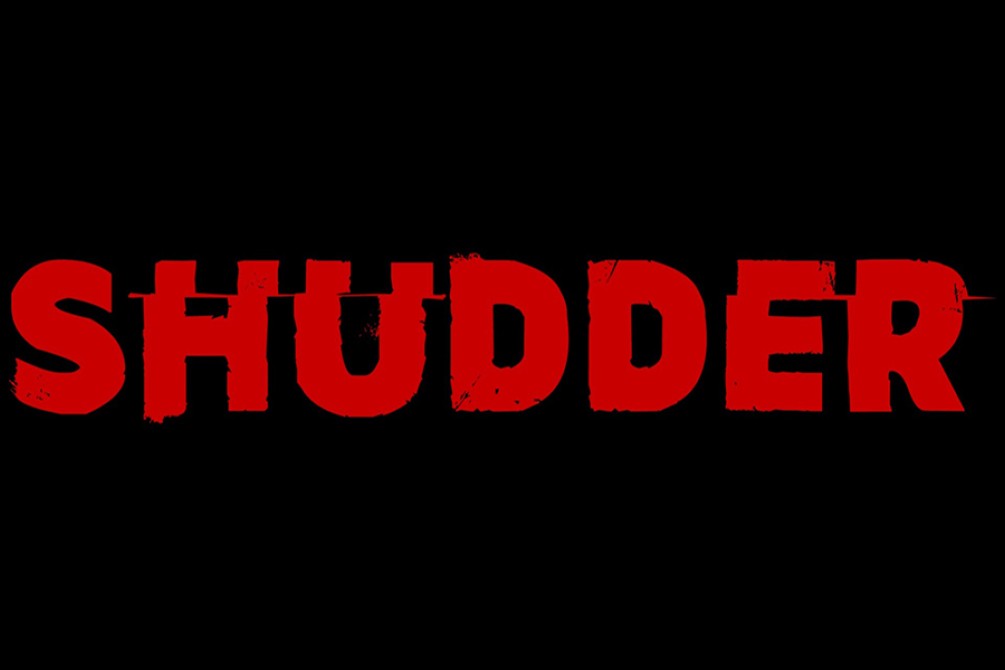
Featuring live musical accompaniment by Maxx McGathey
In the years immediately following the First World War, F. W. Murnau produced over a dozen films across every stratum of the German film industry, from independent productions like the beleaguered (but later canonized) Nosferatu to studio films made at Weimar powerhouse Decla-Bioscop. His career moved steadily upwards until his emigration to the U.S. in 1926. Faust, Murnau's final European production — at the time the most expensive feature produced in Germany — premiered months after he'd decamped to Hollywood to direct Sunrise (1927). In his absence, Faust was greeted indifferently by German audiences, and box office receipts fell some distance from covering production costs. Unlike the existentially bored scholar who served as muse to Marlowe and Goethe, Murnau's Dr. Faust is a pure-hearted man at the center of a celestial war. Faced with a barrage of travails and temptations engineered by the demon Mephisto, Faust endures episode after episode of ritual debasement, unwittingly shuffling down the path to corruption as the forces of good and evil, in a series of ravishing, abstract set pieces, battle for his mortal soul. The fussy, gothic excrescences of Faust have only grown in iconographic magnitude over time, permeating through Disney's Fantasia, influencing scads of deathrock and metal album covers, and enduring as an aesthetic beacon for a century's worth of Satanic phantasmagoria. (CW)
Recommended Films
